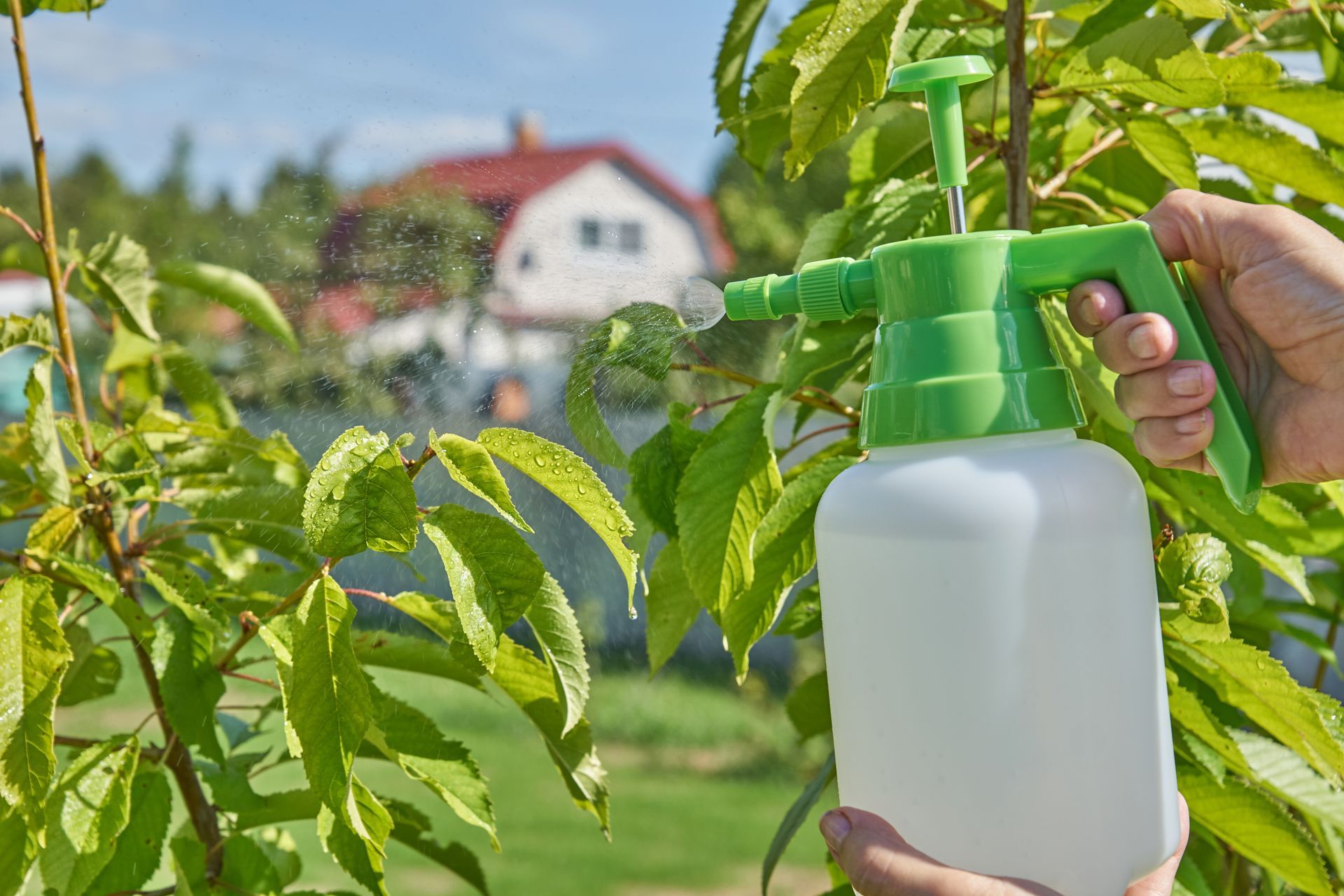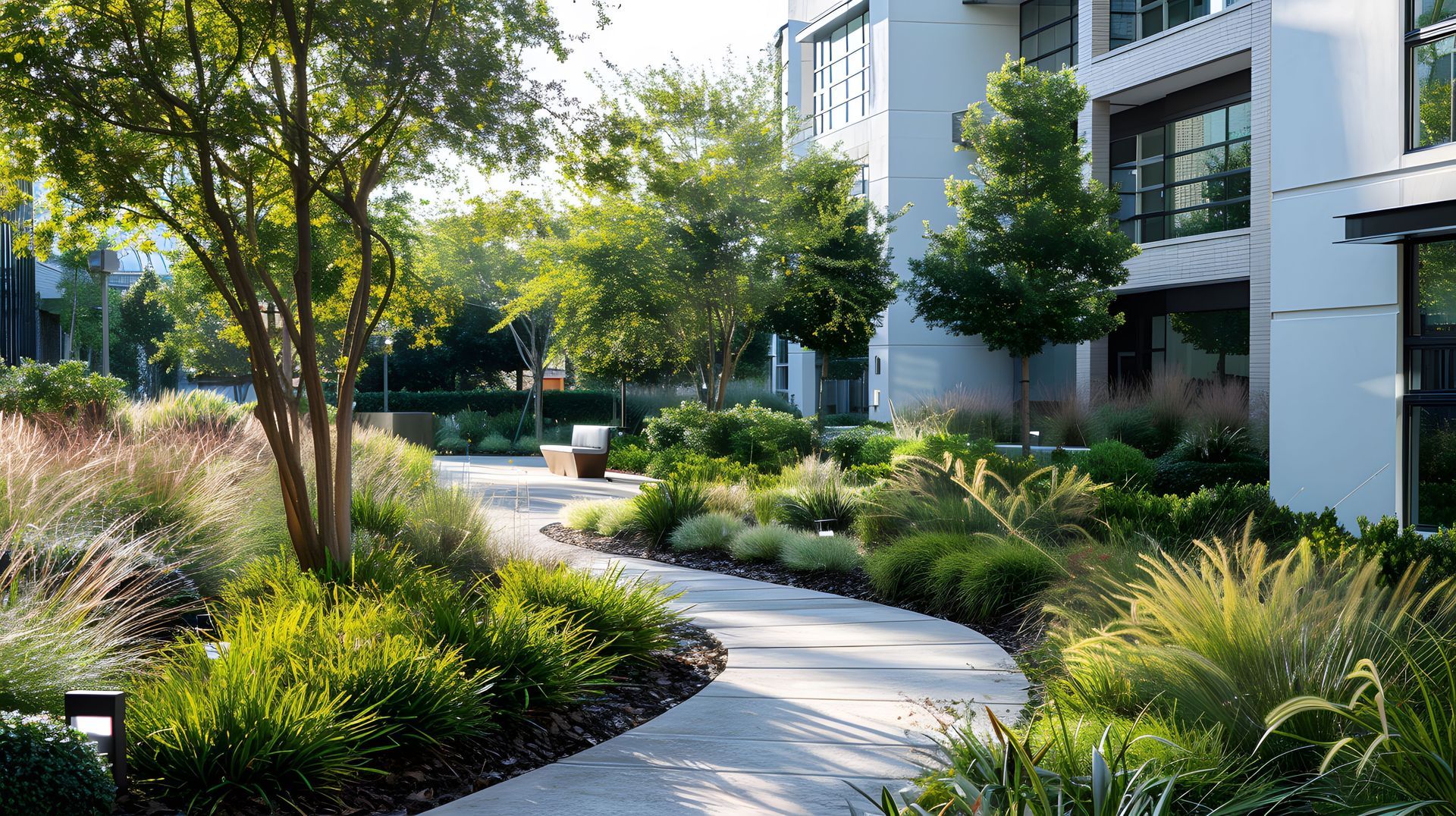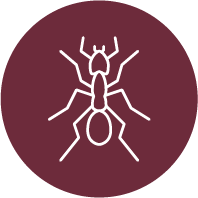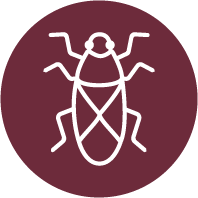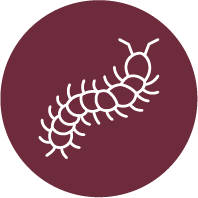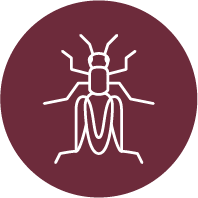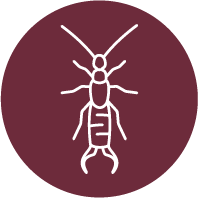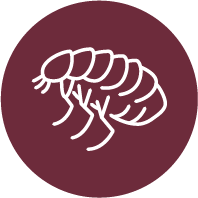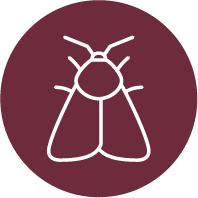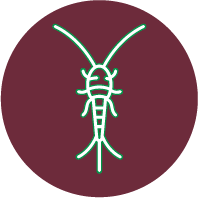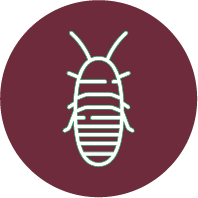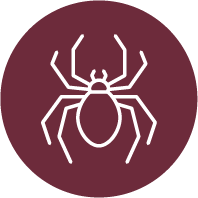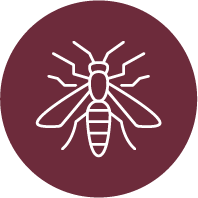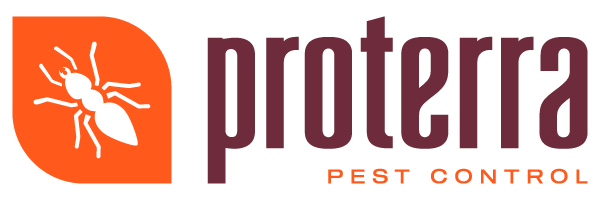Understanding Eco-Friendly Pest Control
Eco-friendly pest control is an approach that focuses on managing pests using methods that minimize harm to the environment. This involves the use of natural or organic products, biological controls, and other sustainable practices. The significance of eco-friendly pest control lies in its ability to reduce the environmental impact and decrease the exposure of harmful chemicals to humans and pets.
In recent years, there has been a growing trend towards sustainable and
environmentally friendly solutions across various industries, including pest control. This shift is driven by increased awareness of environmental issues and the demand for safer alternatives. The benefits of using eco-friendly pest control methods include reduced chemical exposure, a lower environmental footprint, and often, a more targeted approach to pest management.
Common Pests in the Tri-Cities Area
The Tri-Cities area, encompassing Kennewick, Pasco, and Richland, WA, faces a variety of pest challenges. Some of the most common pests include ants, wasps, bed bugs, and rodents. These pests pose specific challenges to homeowners due to the local climate and geography. For instance, the semi-arid climate can lead to increased ant activity as they search for water sources, while the warm summers and mild winters provide ideal conditions for wasps and rodents.
Seasonal variations also affect pest activity in the Tri-Cities. During the warmer months, ants and wasps are more prevalent, while rodents seek shelter indoors during the cooler months. Understanding these patterns is crucial for effective pest control strategies. According to local news reports, the Tri-Cities has experienced notable issues with ant infestations, particularly during the dry summer months.
Strategies for Eco-Friendly Pest Control
One effective strategy for managing pests in an eco-friendly manner is the use of
organic-blended treatments. These treatments are formulated with natural ingredients that target pests while being safe for humans and pets. They work by disrupting the life cycle of pests or repelling them without the use of harsh chemicals. This makes them a safer alternative to traditional chemical pesticides.
Integrated Pest Management (IPM) is another important practice that combines multiple strategies for effective pest control. IPM involves monitoring pest populations, using preventive measures, and employing control methods that have the least environmental impact. Cultural practices, such as maintaining cleanliness and proper waste disposal, are essential components of IPM and help prevent pest infestations.
Choosing Sustainable Pest Control Options
When selecting eco-friendly pest control services, homeowners should consider several criteria. Certifications, such as those from the National Pest Management Association, indicate a commitment to sustainable practices. Additionally, the use of organic products is a key factor in choosing a service provider.
It is also important to work with pest control providers who prioritize sustainability. These providers often have a clear environmental policy and offer services that minimize the ecological impact. Homeowners can assess the environmental impact of pest control methods by asking providers about their products and practices.
Top Eco-Friendly Practices for Homeowners
Homeowners can take practical steps to prevent pest infestations using eco-friendly methods. Natural deterrents, such as peppermint oil for ants or diatomaceous earth for bed bugs, are effective and safe for the environment. Homemade solutions, like vinegar and water sprays, can also deter pests without harmful chemicals.
Regular home maintenance and inspections play a crucial role in maintaining a pest-free environment. This includes sealing entry points, repairing leaks, and keeping the home clean and clutter-free. Landscaping choices, such as planting pest-repelling plants like lavender or marigolds, can naturally deter pests.
The Future of Pest Control in the Tri-Cities
Looking ahead, the future of pest control in the Tri-Cities is likely to see continued advancements in eco-friendly solutions. Technological innovations, such as smart traps and monitoring systems, could enhance sustainable pest management. These technologies provide real-time data on pest activity, allowing for more precise control measures.
Local initiatives and policies promoting eco-friendly pest control practices are expected to grow. These efforts could have a positive impact on the Tri-Cities community by reducing chemical usage and promoting healthier living environments.
Overall, the widespread adoption of eco-friendly pest control methods holds great promise for the Tri-Cities. By embracing sustainable practices, the community can enjoy a safer, healthier environment for years to come.
